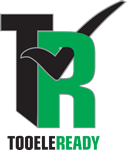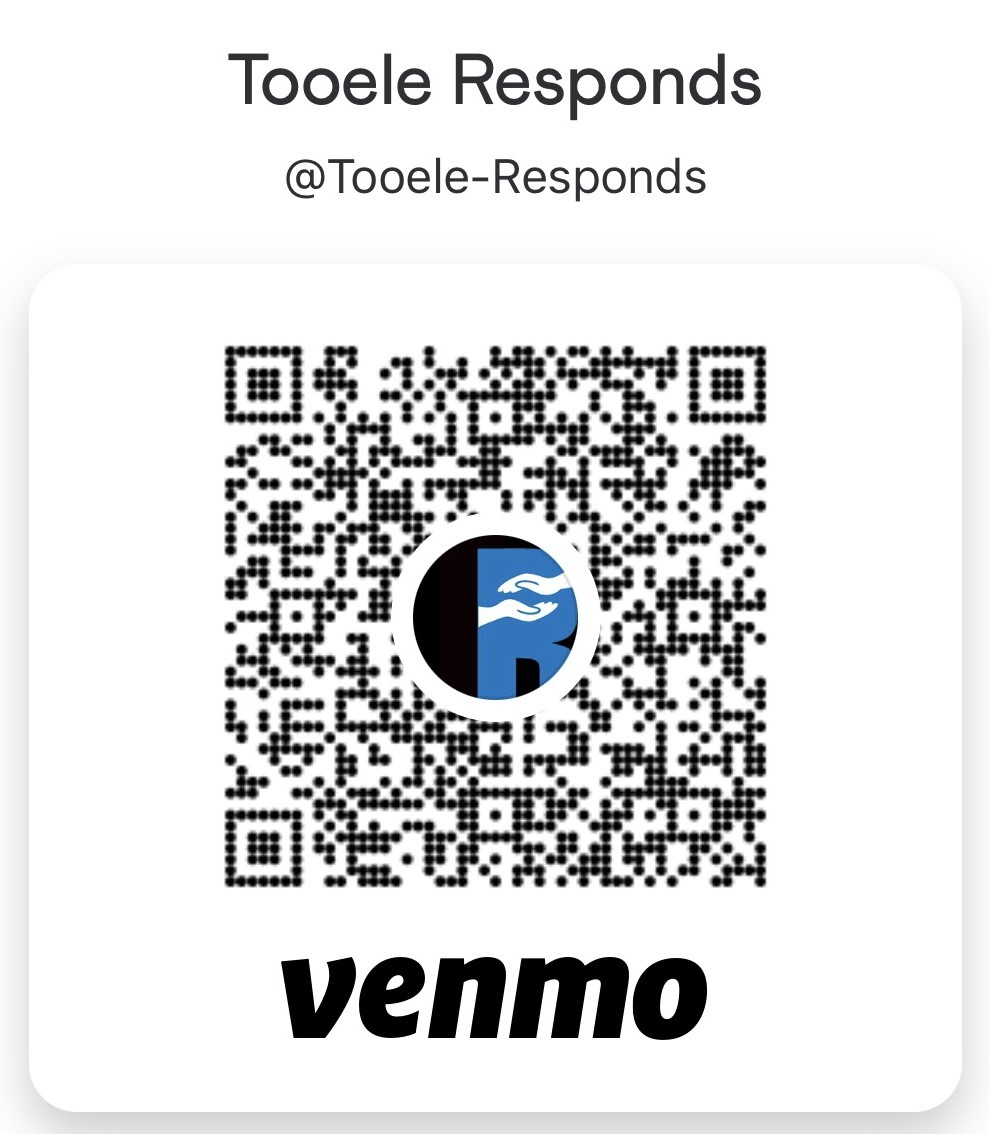Ready Financial
Americans at all income levels have experienced the challenges of rebuilding their lives after a disaster or other emergency. Gather financial and critical personal, household, and medical information. Consider saving money in an emergency savings account that could be used in any crisis.
People all across America at all income levels have experienced the challenges of rebuilding their lives after a disaster or other emergency. In these stressful circumstances, having access to personal financial, insurance, medical, and other records is crucial for starting the process of recovery quickly and efficiently. Taking the time now to collect and secure these critical records will give you peace of mind and, in the event of an emergency, will ensure that you have the documentation needed to start the recovery process without delay.
Financial preparedness from Ready.gov
Pre-disaster financial preparedness checklist from creditcards.com
Emergency Financial First Aid Kit (EFFAK) from Operation Hope
The Emergency Financial First Aid Kit offers easy step-by-step instructions for how to protect personal assets and financial information, and reduce the challenges associated with emergencies and disasters. In 2005, the document became a registered federal government document, listed as FEMA publication #532. The Emergency Financial First Aid Kit is the first free emergency financial reconstruction and economic recovery guide for disaster victims.
Being ready for a disaster is more than storing water and supplies. You also need to be financially ready. Starting early and having adequate insurance, a plan to pay your bills and access to your important records and accounts will help you get back on your feet faster and avoid problems with your credit when you need it most.
Americans at all income levels have experienced the challenges of rebuilding their lives after a disaster or other emergency. In these stressful circumstances, having access to personal financial, insurance, medical, and other records is crucial for starting the process of recovery quickly and efficiently. Taking the time now to collect and secure these critical records will give you peace of mind and, in the event of an emergency, will ensure that you have the documentation needed to start the recovery process without delay.
- Several factors should be considered as to how disasters will affect your family financially. You should be prepared to sustain yourself and your family away from your home for several days or, in a worst-case scenario, several weeks or even months. Be advised, government agencies may not be able to react as quickly as you think they should.
- Evacuation expenses include fuel, restaurants and your stay in hotels. When deciding how much cash to bring for each day, keep those items in mind and plan accordingly.
- Average pet boarding costs are different for each animal depending on size and special needs.
- You should budget enough money to pay for a month’s supply of prescription medicines.
- During a disaster, credit and other bank card use may be limited due to loss of power and other
disaster-related factors. Get more cash than you think will be necessary. Get cash in small bills and change because most retailers will not give change back during a disaster.
In the event of an emergency or disaster, you are still responsible for paying your mortgage regardless of the condition of your house or its habitability. You are also responsible for paying your credit card and other bills. Failing to remain current with your payments could negatively affect your credit at a time when you need credit the most.
If an emergency or disaster causes you to lose income and you are unable to pay your bills, it is recommended that you call your card issuers as soon as possible and explain your situation. Many card issuers will work with you to establish a schedule to accommodate you and your personal situation in times of emergency.

